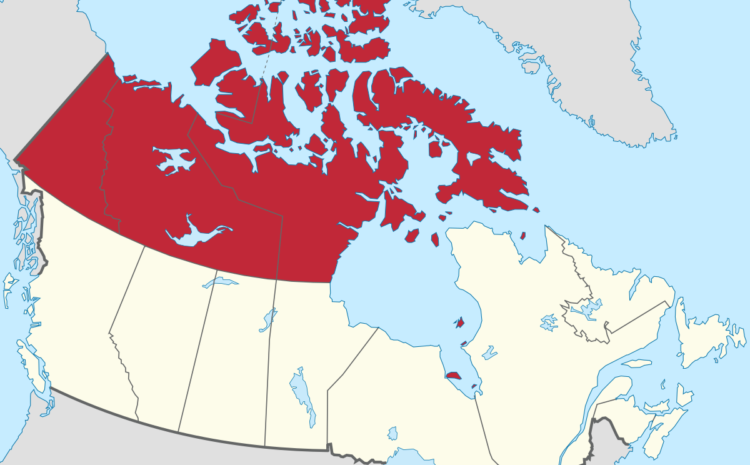
Canada to amend citizenship oath and guide to include Indigenous people
Indigenous people will soon be included in Canada’s citizenship oath, and guide.
Immigration Minister Marco Mendicino announced the upcoming changed on June 14. The main announcement was that Indigenous people could reclaim their traditional name on citizenship and permanent residency documents.
In addition to that announcement, Canada also committed to update the citizenship guide to include the role Indigenous peoples have played in Canada’s history, its future, and today. Mendicino also said the guide would emphasize the role and stories of Indigenous peoples, including those parts that relate to residential schools.
Canada’s residential schools were run mostly by the Catholic church between 1831 and 1996. They were sponsored by the Canadian government to assimilate Indigenous children into Euro-centric Canadian culture. An estimated 150,000 First Nations, Inuit, and Métis children attended residential schools. These children were taken from their families, subject to abuse, and thousands died. The exact number is not known to this day.
These announcements follow the recent findings of the remains of 215 Indigenous children at a former residential school in Kamloops, B.C. The discovery has prompted nationwide outrage, and more searches. Prime Minister Justin Trudeau called on Pope Francis to apologize for the atrocities perpetuated by the Catholic church in residential schools. The pope declined to offer an apology.
Along with the incoming amendment to the Oath of Citizenship, these changes follow the Calls to Action of the Truth and Reconciliation Commission, which was founded to inform all Canadians on what happened in residential schools. The 94 Calls to Action were introduced in 2015, calling for all levels of government to address the ongoing impact of residential schools on survivors and their families.
Call to Action 93 pertains to the Citizenship Guide, which educates soon-to-be Canadians on important historical and cultural aspects of Canada. It reads:
93. We call upon the federal government, in collaboration with the national Aboriginal organizations, to revise the information kit for newcomers to Canada and its citizenship test to reflect a more inclusive history of the diverse Aboriginal peoples of Canada, including information about the Treaties and the history of residential schools.
The next item, Call to Action 94, is in regards to the Oath of Citizenship. The current oath does not include the section about Treaties with Indigenous Peoples. The Treaties are agreements between the Canadian government, provincial or territorial governments, and Indigenous peoples that define the ongoing rights and obligations on all sides.
94. We call upon the Government of Canada to replace the Oath of Citizenship with the following: I swear (or affirm) that I will be faithful and bear true allegiance to Her Majesty Queen Elizabeth II, Queen of Canada, Her Heirs and Successors, and that I will faithfully observe the laws of Canada including Treaties with Indigenous Peoples, and fulfill my duties as a Canadian citizen.
Currently, the bill to amend the citizenship oath has passed the Senate and awaits royal assent, which means it is on its way to becoming Canadian law.
